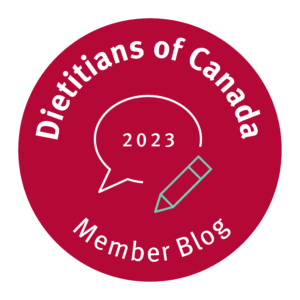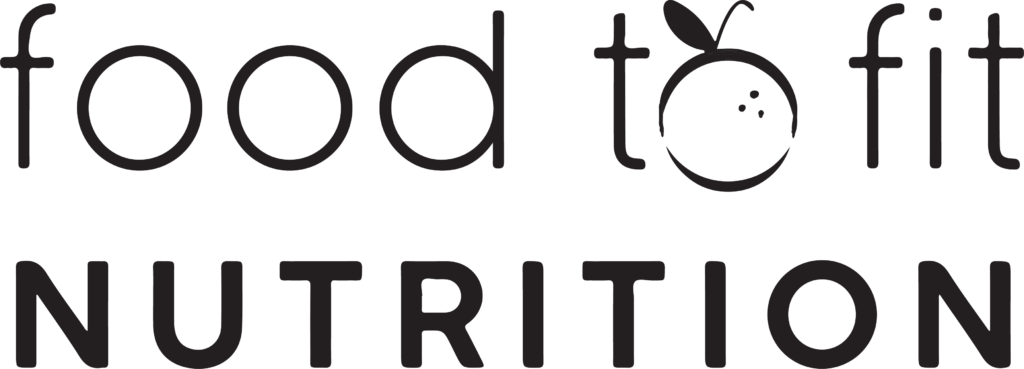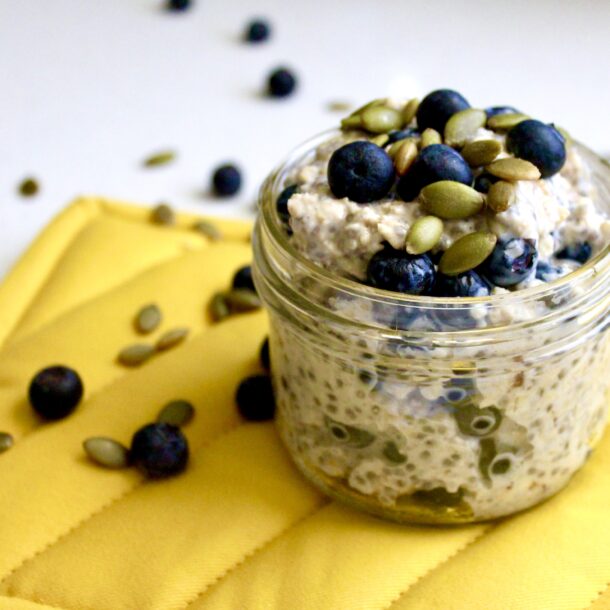
6 Warning Signs of Disordered Eating
Written by Amanda Geradts, RD; Edited by Brooke Bulloch, RD
As a dietitian who specializes in eating disorders, I care about helping people identify early signs of disordered eating. While there can be many factors that contribute to eating disorder development from self-criticism to childhood trauma, studies show that body dissatisfaction and dieting are also high risk factors. Disordered eating behaviours (including dieting) are often the start of a slippery slope that put people at risk for eating disorder development. This post presents 6 warning signs of disordered eating behaviour.
An estimated 1 million Canadians have a diagnosed eating disorder, which may include:
- Anorexia Nervosa;
- Bulimia Nervosa;
- Binge Eating Disorder;
- Avoidant Restrictive Food Intake Disorder (ARFID);
- Or Other Specified Feeding and Eating Disorder.
This number likely underestimates the actual number of Canadians struggling with eating disorders. Many people are never formally diagnosed, and since the start of the COVID-19 pandemic, eating disorders have been on the rise. In Saskatoon alone, a 30% increase in youth eating disorder referrals has been reported. This is concerning knowing that eating disorders have the highest mortality rate of any mental health condition.
The trouble is, because disordered eating in the form of dieting is so normalized in our society, it can be difficult to identify red flags and to know how to intervene.
Here are 6 warning signs of disordered eating:
1) Unusually heightened interest in food and/or exercise.
This is so tricky because behaviours such as taking an interest in grocery shopping and cooking, joining a gym, or becoming more particular about food in general (e.g. eating more fruit and vegetables) are often encouraged. After all, how we eat and move our bodies are deemed important aspects of health and wellness.
Where it becomes problematic is when interests in these topics turn into obsessions. For example, careful measuring or weighing of foods, meticulously inspecting food labels, refusing to eat previously enjoyed foods, and not being able to miss a day at the gym.
2) Using moralizing language to describe food.
Labeling foods as “good”, “bad”, “healthy”, “unhealthy”, “clean”, or “junk” attaches moral value to food being described in this way. Some food is associated with being a “good” person, while other food is associated with being a “bad” person. Food can also be used in this way to conform, assure safety, and fit in with society, particularly for BIPOC folks.
You might notice previously enjoyed foods such as potato chips, pasta, fast food, ice cream, candy, or even cultural foods being described as “unhealthy”, “bad”, “gross”, or “too high in…” (insert demonized nutrient). This is evidence that someone’s relationship with food is compromised. Moralizing food drives guilt, shame, restriction and even binging. Often the list of forbidden foods continues to grow.
3) Increased negativity about body weight and shape.
Anyone can be affected by a negative body image. For some people, thoughts about perceived flaws with their appearance can become so intense that they interfere with a person’s ability to engage in daily activities. Severe distress about one’s appearance is a mental health disorder which can lead to depression and suicidal thoughts if left untreated. Signs may include:
- The individual complaining about their weight or size, and comparing their body to someone else’s;
- Negatively describing body parts such as arms, thighs, or belly;
- Talking about wanting to become “jacked”, “ripped”, “toned”, or even “healthy”, with the focus on changing body shape.
This type of body talk is so normalized in our culture. Weight bias – the negative assumptions about people based on their weight – is pervasive. Thus, it can be easy for this red flag to be missed.
4) Body checking.
Body checking is a coping strategy used to reduce anxiety by people who are fixated on their body weight or shape. Body checking behaviours take on many forms such as pinching belly fat, trying on different pairs of pants to see if any have gotten tighter or looser, and checking weight multiple times daily. These behaviours are often done in secret, making them hard to notice.
Although these “checks” are used to reduce anxiety about body changes in the moment, body checking actually increases anxiety, depression, and body dissatisfaction.
5) Increased rigidity and reduced flexibility with food and eating.
With strict guidelines, the person may eat the same foods day after day, refuse to eat outside of “allowed” times, or choose to only eat what they can prepare themselves (refusing food prepared by someone else). The individual struggles to visit restaurants or attend social events because there is “nothing for them to eat”. Or they bring their own food to avoid eating something deemed off limits.
6) Unusual eating behaviours.
When food intake is being restricted, unusual eating behaviours can ensue, which might look like:
- Choosing combinations of foods that are unusual compared to their previous eating habits (e.g. oatmeal with ketchup);
- Excessive use of condiments or spices;
- Excessive consumption of caffeine;
- Drinking excessive amounts of water or other fluids with meals or snacks;
- Using a different utensil (e.g. eating cereal with a fork or using the smallest spoon in the cutlery drawer);
- Cutting food into tiny pieces and taking very small bites;
- Trying to distract from how much they are eating. For example, allowing food to drop on the floor, spilling beverages, or hiding food under dishes or napkins.
There is no criteria a person must meet to be “sick enough” for support from a health professional. If you suspect that you are struggling with disordered eating you’re not alone, it’s not your fault, and all the complex feelings are valid. If you suspect a loved one is struggling with disordered eating, it’s worth starting a conversation. Approach the individual with empathy, patience, and let them know you’re there to listen. Validate their fears and seek support from your health care provider.
At Food to Fit we have registered dietitians experienced in eating disorder care: Amanda Geradts, Dayna Berry, and Sydney Wright. We also have a clinical therapist and social worker, Monique Roy (BSW), experienced in eating disorders and mental health. Book your appointment here.
We support clients based in Saskatoon, Regina and around Saskatchewan, virtually, collaborating with providers and families. A team approach to care and recovery is essential.
References:
- How to Nourish Your Child Through an Eating Disorder by Casey Crosbie RD, CSSD and Wendy Sterling MS, RD, CSSD
- https://nied.ca/about-eating-disorders-in-canada/
- https://www.cbc.ca/news/canada/saskatchewan/eating-disorders-in-teens-and-children-getting-worse-pediatrician-1.6284521
- https://www.eatingdisorderhope.com/blog/eating-disorders-disordered-eating
- https://changecreateschange.com/body-checking/
- https://www.hopkinsmedicine.org/health/conditions-and-diseases/body-dysmorphic-disorder
- https://www.euro.who.int/__data/assets/pdf_file/0017/351026/WeightBias.pdf
LET'S STAY IN TOUCH
Join our mailing list
Join our newsletter for more non-diet content including practical nourishment, recipes, nutrition myth-busting, and weight inclusive well-being.
Curiosity, self-compassion, food peace. Nutrition assessment, planning, and monitoring + food relationship counseling.
Food to Fit Locations:
#203, 2445 Broad Street
Regina, Saskatchewan
1124 8th Street East
Saskatoon, Saskatchewan
